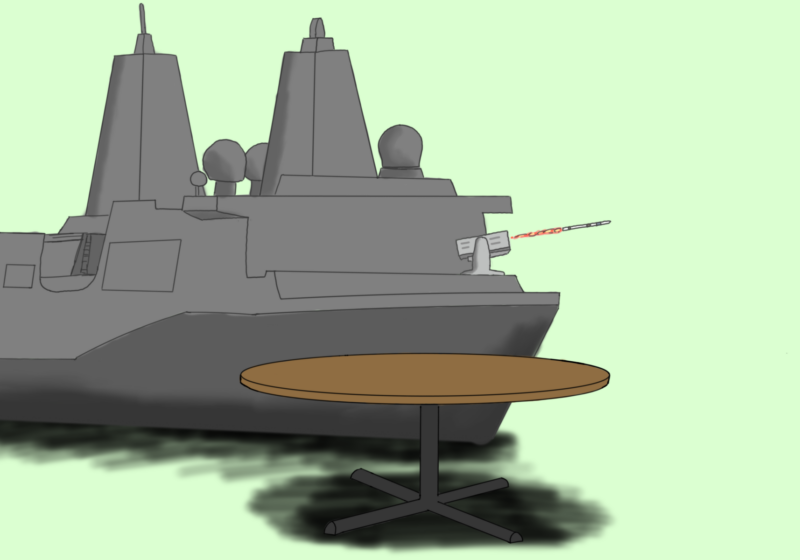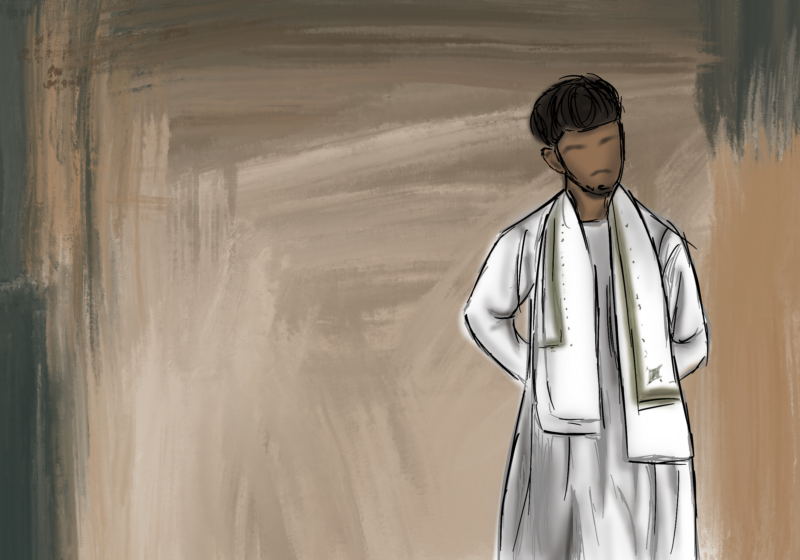The National Hockey League season opener was played yesterday, Oct. 4, but where’s the hype? Where’s the pre-season discussion of who’s going to be the big team of the year, which player is going to lead the league in goals and which team’s going to come from nowhere and surprise us all? Granted, we do live in our “Rochester bubble” and, if we really tried, we could find this hype, but it’s clearly not prominent even in the outside world.
The 2004-05 lockout could quite probably be the most detrimental thing ever to happen to the NHL. Although hockey was already the least popular of the four major sports leagues in the United States, the lockout was no help. Already disinterested fans no longer had a team to follow and consequently lost their drive to pay attention. When the season was cancelled, the non-die-hards seemed to forget about the sport called hockey.
Shortly after the turn of the millenium, the NHL began gaining popularity. It looked as if people might actually have some interest in the sport whose fan-base had long been dormant. However, because the NHL and the Players’ Association failed to put the better good of the league ahead of their personal desires, this growing momentum was lost.
After the collective agreement was made, Wayne Gretzky, the NHL’s career scoring leader and the managing partner and head coach of the Phoenix Coyotes said, “At the end of the day, everybody lost. We almost crippled our industry. It was very disappointing what happened.” However, Gretzky, with all due respect, was wrong. The industry wasn’t almost crippled; it was crippled.
I’ve heard many people say something to the effect of, “Oh, I used to follow hockey, but I don’t anymore.” People just don’t care anymore. Granted, there are the ever-loyal fans who take the time who write entire articles about their team’s jersey, but this is a rare occurance.
When the lockout ended and a collective agreement was made, the NHL tried desperately to put a new face on the game. They came up with the marketing slogan “A Whole New Game” and changed many of the rules to “better” variations. While many fans were disappointed with the rules of the game prior to the lockout, no one really seems to be happy with the new rules either.
The NHL decided to enforce penalties at a much higher intensity. It adopted a zero-tolerance policy for hooking, holding, tripping, slashing, cross checking and interference. What fun is hockey if the players don’t get to beat each other up? I remember playing NHL ’94 on my dad’s old SEGA Genesis and my favorite part was most definitely when I started a fight with the guy on the other team. That five minute penalty was so worth it.
Also, tied games are now decided by a shootout. If the game is tied at the end of regulation play, one five minute four-on-four overtime is played. If the game is still tied at the end of this, the teams go into a shootout, which determines the winner. While some people love the thrill of goal-shooting, I personally find it a lame ending to an exciting game. Does a shootout really determine which team is better? All it really seems to decide is which team got luckier and picked the corner the goalie wasn’t expecting.
These are the two rules I personally was most disappointed in, though others have found faults in all of the rule changes. This discontent just adds to the dying fan base of hockey.
Soon after the collective agreement was made in 2005, 15-year NHL veteran Jim McKenzie commented on the loss of fans over the cancelled season.
“That’s going to be our next big step-winning back the fans. We’ll have our work cut out for us,” he said.
It looks as if the NHL still has its work cut out for it. I can’t see hockey leaving the national sports world any time soon-and hopefully not any time at all-but it’s going to be an uphill battle for a while. If the NHL doesn’t step it up and make some better changes, a whole generation is going to miss out on the amazingness that is hockey.
Philbrick can be reached at ephilbrick@campustimes.org




